Exotic pets, by definition, are animals that are not commonly kept as pets or are native to foreign countries. They often include reptiles, amphibians, rodents, and birds, ranging from the Australian Bearded Dragon to the African Grey Parrot.
Interest in exotic pets is on an upward trend in Australia, popular for their uniqueness and the distinctive care they often require. According to a report by the Australian Bureau of Statistics, the number of households with exotic pets has seen a significant increase in recent years.
This article serves as a comprehensive guide to exotic pets, discussing important considerations to make before adopting. From understanding their specific needs to evaluating the legalities involved, we aim to equip prospective pet owners with the knowledge they require.
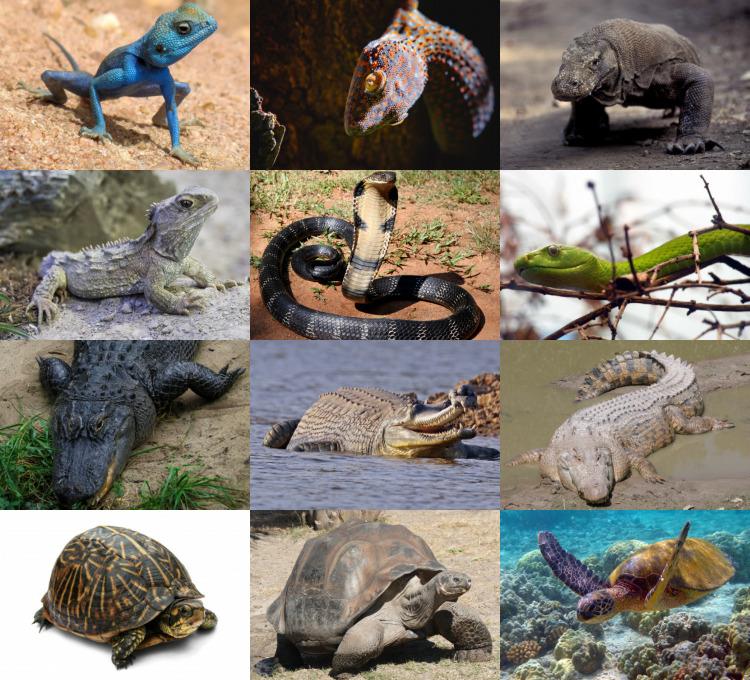
Understanding the Legalities of Owning Exotic Pets
The legal status of owning exotic pets varies considerably. Some countries and states allow for ownership of exotic pets with specific restrictions, while others strictly prohibit it. The Australia Department of Agriculture, Water and the Environment provides a detailed guide on the legalities of owning exotic pets, with each state having its own set of rules.
Differences in Laws and Regulations
Between different states and countries, laws and regulations about owning exotic pets can vary drastically. For example, in Queensland, it’s illegal to own certain types of reptiles, while in Victoria, it’s permitted with a license. Always refer to your local government website for accurate information.
Potential Consequences of Illegal Ownership
Illegal ownership of exotic pets can lead to serious consequences such as hefty fines, confiscation of the animal, and in some cases imprisonment. Moreover, the illegal pet trade contributes to the extinction of many species.
Assessing the Commitment
When it comes to owning exotic pets, the commitment required is substantial. The first aspect to consider is the time and attention these unique creatures require. Certain reptiles necessitate daily care, while birds like cockatoos crave constant interaction.
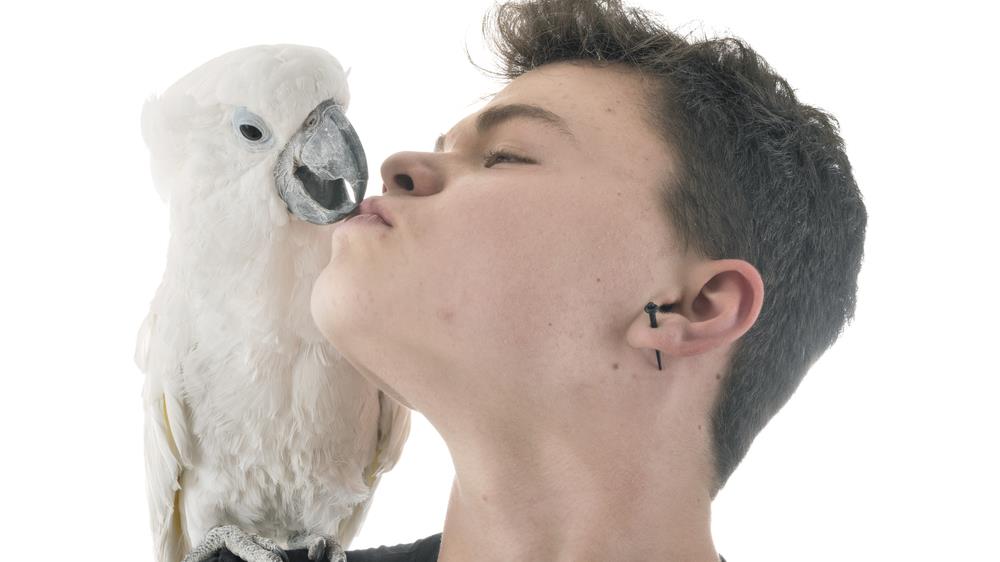
Next, the lifespan of exotic pets often represents a long-term commitment. Turtles can live for up to 50 years, while large parrots may live beyond 60 years.

The Financial Aspect
The cost of purchase, feeding, housing and veterinary care for exotic pets can be quite hefty. Veterinary expenses for exotic pets can be higher due to the specialised care they require.

Examining the Health and Safety Risks of Exotic Pets
When choosing to adopt an exotic pet, one must consider the potential health risks these animals may pose to humans. Diseases such as salmonella and monkeypox can be transmitted from exotics to their owners. These health risks can be exacerbated by the stress of captivity, leading to a higher likelihood of disease manifestation in these animals.
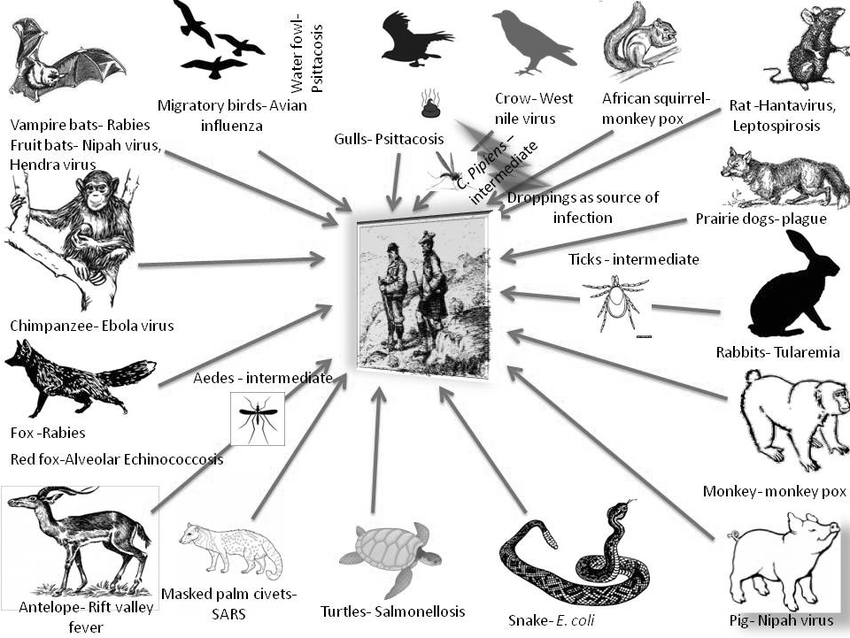
The second aspect to consider is the safety concerns associated with handling and housing such pets. Exotic animals have specific habitat needs that if unmet, can lead to aggressive or unpredictable behaviour, potentially causing injury to their handlers.
Finally, it’s crucial to understand the importance of proper training and handling of exotic pets. Without this knowledge, you not only risk harm to yourself and others, but also to the animal itself. Training for correct handling can significantly reduce these risks.
Considering the Animal’s Needs
When it comes to adopting exotic pets, understanding their unique requirements is crucial. These usually range from habitat, diet to social and behavioural needs.
A. Specific Habitat Requirements
Exotic pets often need a replica of their natural habitat. This may include specific temperature, humidity, and lighting conditions. For instance, reptiles like bearded dragons require a warm, dry setup with UVB lights to mimic the desert environment.
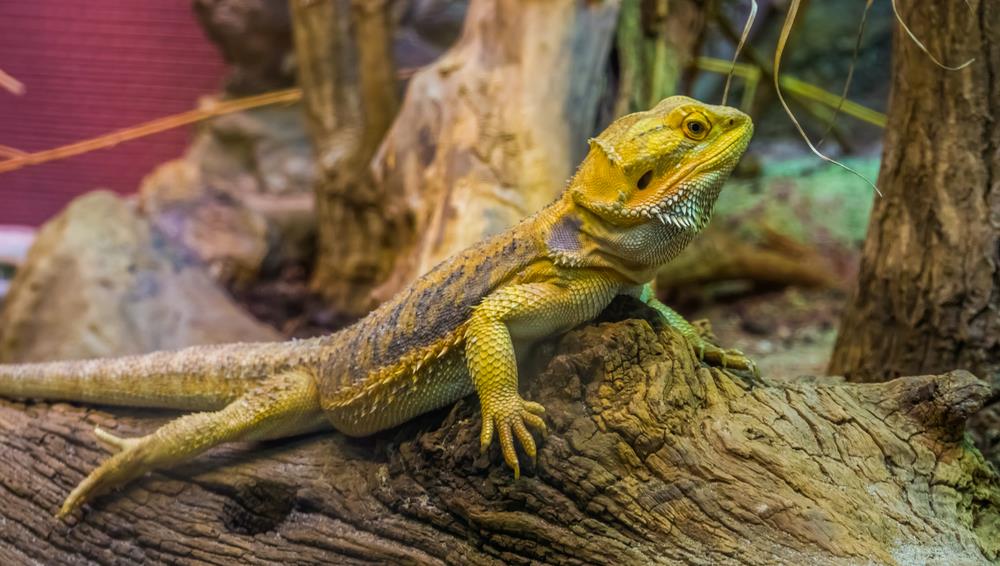
B. Dietary Needs
Exotic pets often have specific dietary requirements. For instance, some birds like cockatoos need a diet rich in fruits, vegetables, and nuts. Researching and providing the appropriate diet is key for their health and longevity.
C. Social and Behavioural Needs
Some exotic pets are social and require companionship, while others are solitary. Understanding their natural behaviours and providing an environment that allows them to exhibit these can greatly improve their welfare. For example, budgies are highly social and thrive in groups.

Identifying the Right Exotic Pet for Your Lifestyle
Choosing the correct pet isn’t a spur-of-the-moment decision. It requires careful consideration of various factors such as your living space, time availability and family situation. These factors play a significant role in determining which exotic pet species match your lifestyle.
Matching Exotic Pet Species to Your Lifestyle
Exotic pets are fascinating and varied, each with its own unique needs and behaviours. Whether you lead a sedentary lifestyle or an active one, there’s an exotic pet that will fit right in. Assessing your lifestyle and matching it with the right exotic pet is paramount.
Understanding Your Pet’s Behaviour and Adapting Your Lifestyle
Once you’ve chosen an exotic pet, understanding its behaviour is essential. This includes the pet’s feeding habits, activity levels, and social needs. Adapting your lifestyle to meet these needs ensures a harmonious life together.
A. Ethical sourcing: An Imperative in Exotic Pet Acquisition
When you’re in the market for an exotic pet, prioritising ethical sourcing is more than just a good deed; it’s essential for the welfare of both the animal and the environment. Ethically sourced pets are typically healthier, better socialised, and less likely to contribute to the illegal wildlife trade.
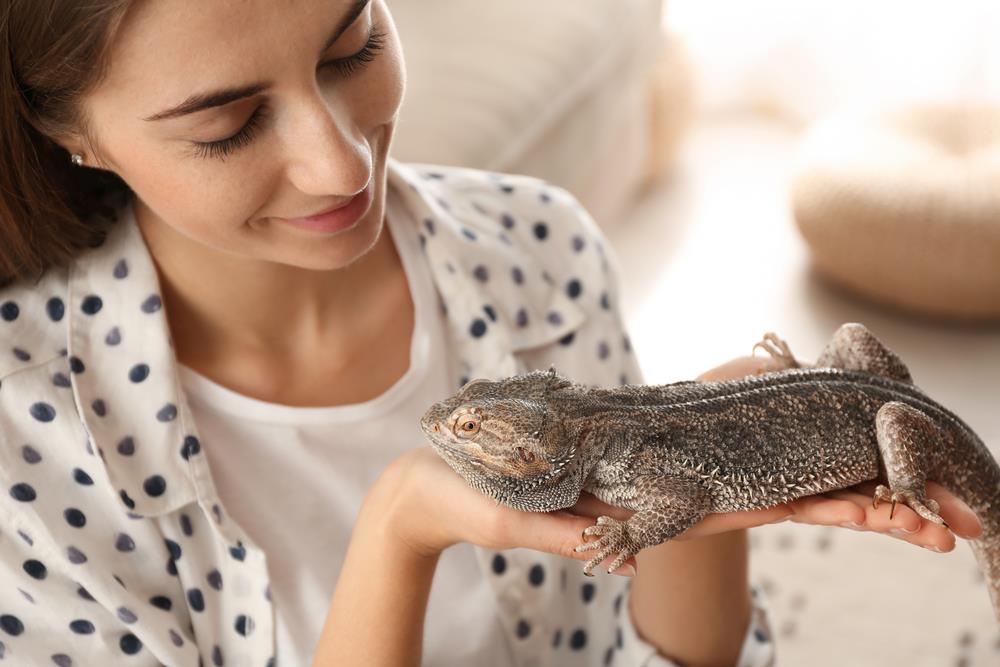
B. Pitfalls of Unreliable Sources
Unreliable sources often provide misleading information regarding the pet’s origin, health status, and care requirements. This not only endangers the pet’s wellbeing but could also result in legal implications for the owner.
C. Recommended Breeders, Rescue Centres, and Adoption Agencies
- RSPCA Australia – Offers rescue, rehabilitation and adoption services for a variety of animals, including some exotics.
- Australasian Animal Registry – An excellent resource for those looking to adopt an exotic pet.
- Reputable breeders – Always research breeders thoroughly to ensure they follow ethical practices.
Conclusion
In recapitulating the main points of this article, it becomes clear that the adoption of an exotic pet is not a decision to be taken lightly. These unique creatures, while intriguing and sometimes charming, require a level of care, attention, and provision that goes beyond the typical domesticated pets like dogs or cats. They often have specific dietary needs, unique housing requirements, and may even need particular environmental conditions to thrive.
The necessity for thorough research and careful consideration before adopting an exotic pet cannot be overstated.
Responsible and considerate ownership is not merely a suggestion; it’s an absolute requirement. The welfare of the pet should always be paramount, and any potential exotic pet owners should be fully prepared to meet all the complex needs of these pets.


